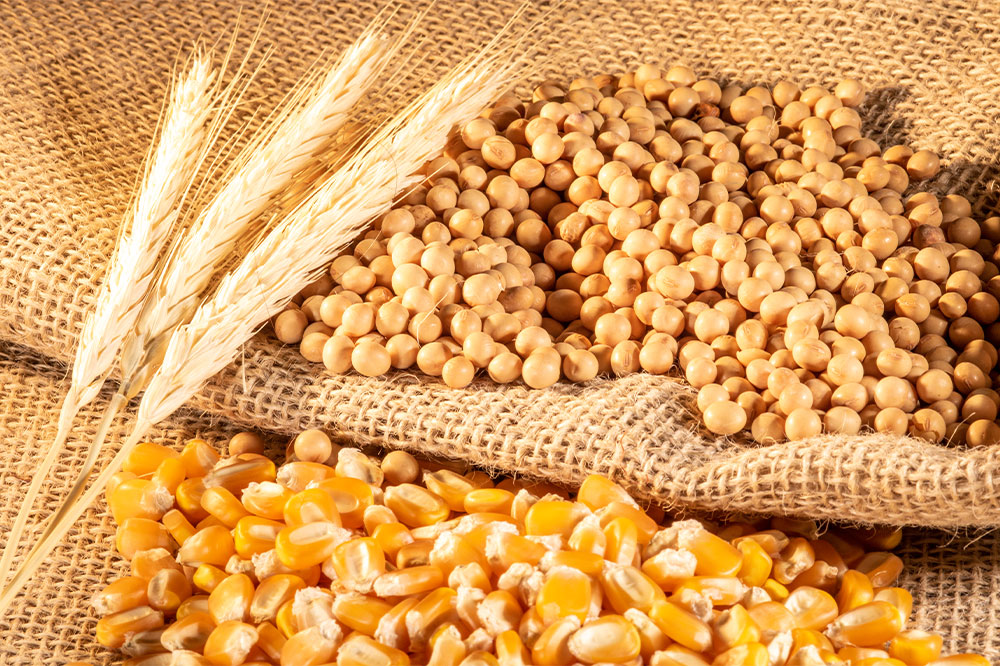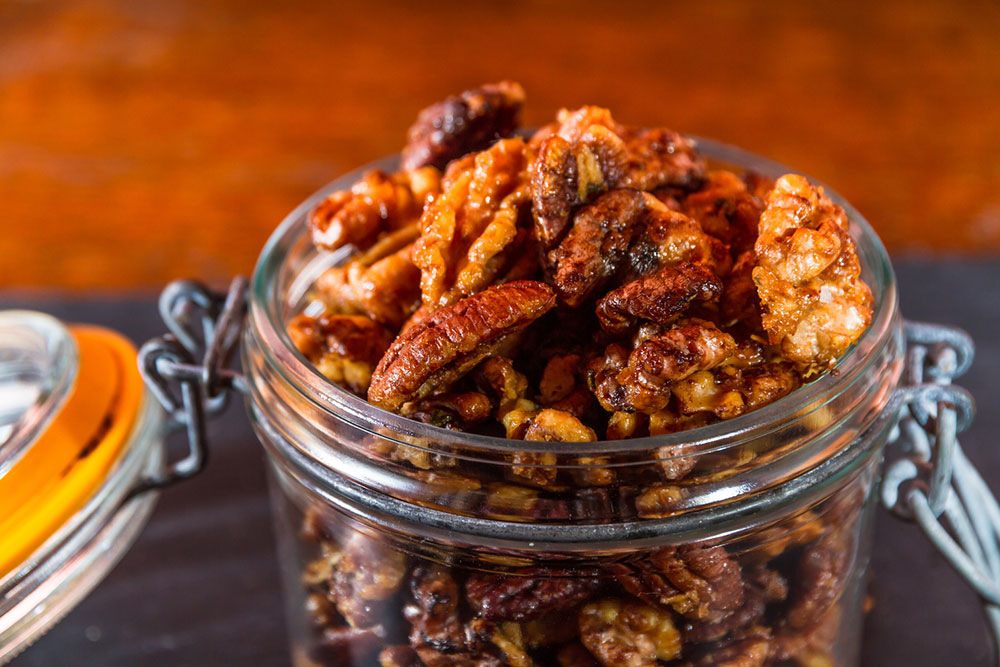Nutritional Tips to Ease Rheumatoid Arthritis Symptoms
Discover essential dietary strategies to manage rheumatoid arthritis symptoms effectively. This guide highlights foods to avoid, such as processed foods, gluten, and high-sugar items, while promoting healthier choices like omega-3 rich fish and fresh fruits. Implementing these nutritional tips can help reduce inflammation, improve joint comfort, and support overall health. Always seek medical advice before making significant diet changes to ensure tailored care for your condition.

Rheumatoid arthritis is a chronic inflammatory joint condition causing pain and stiffness. Dietary habits can influence its progression, particularly foods that heighten inflammation. Adjusting your diet by avoiding certain items can alleviate symptoms. Below are foods to limit or steer clear of for better joint health.
Foods rich in omega-6 fats
Consuming too much omega-6 fatty acids found in soybean oil, corn oil, safflower oil, sunflower oil, canola oil, nuts, and red meats may intensify inflammation. Prefer healthier alternatives like olive oil and fatty fish such as salmon or tuna.
Refined sugars
Sweets like candies, sodas, baked treats, and processed snacks can increase cytokine activity, boosting inflammation. Opt for antioxidant-packed fruits like cranberries or prunes to satisfy sweet cravings.
Foods high in salt
Excessive intake of processed foods, canned soups, cheeses, and deli meats can stimulate autoimmune responses. Use herbs and spices instead of salt for flavoring.
Gluten-rich foods
Wheat, rye, and barley contain gluten, which may worsen inflammation in some rheumatoid arthritis sufferers, especially those with gluten sensitivities. Consider reducing gluten intake after consulting healthcare providers.
Foods with AGEs from high-heat cooking
Frying, grilling, or roasting foods like bacon, steak, or chicken produce advanced glycation end products (AGEs), which promote inflammation. Choose steaming or boiling methods instead.
Processed and convenience foods
Packaged snacks, fast foods, breakfast cereals, and baked goods often contain unhealthy fats, refined grains, and excess sugar, potentially worsening symptoms. Focus on fresh, whole foods for optimal health.
Nightshade vegetables
Tomatoes, peppers, eggplants, and potatoes might trigger flare-ups in some individuals. Limiting these vegetables temporarily can help evaluate their effects on symptoms.
Disclaimer:
This overview offers general dietary guidance for rheumatoid arthritis. It is not a substitute for professional medical advice. Always consult healthcare providers for personalized treatment options.


